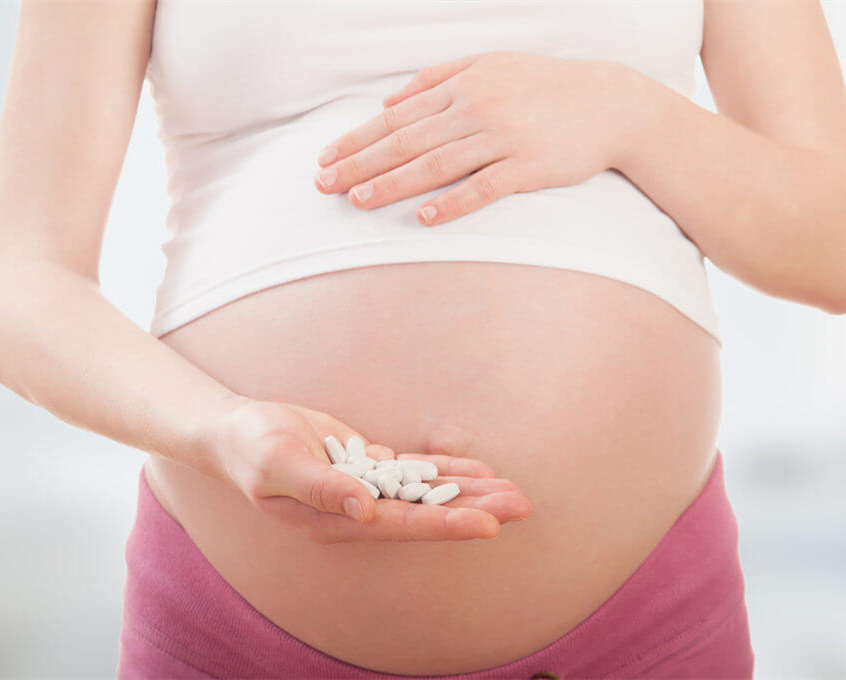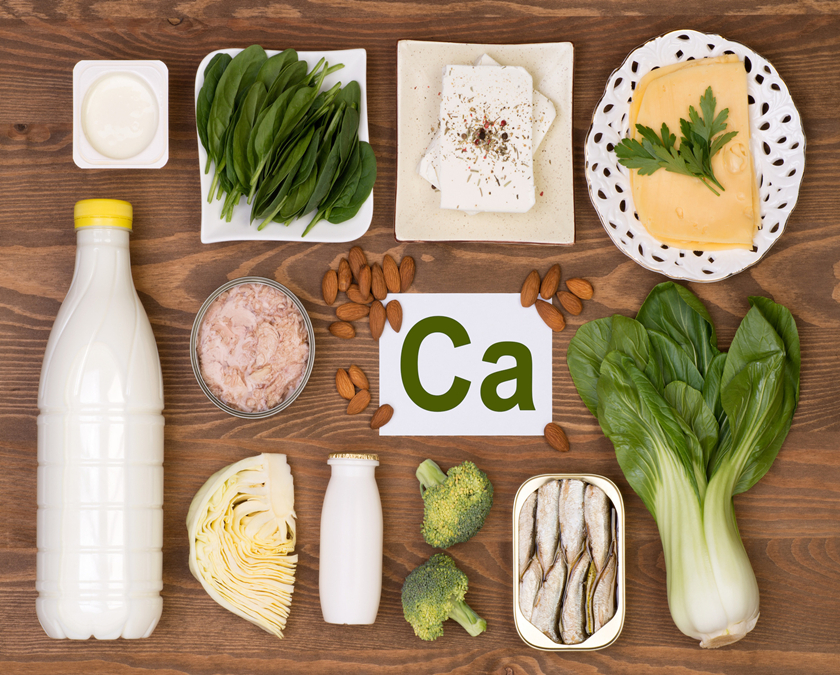OEM factory to provide hygiene products with your own private label

 Dailys
Dailys  2025-02-26
2025-02-26
During pregnancy, the fetus will develop from a small embryo of a few millimeters to a newborn with a height of 50 cm and a weight of more than 3 kg. This requires the absorption of a large amount of nutrients from the mother’s body. Calcium constitutes the bones and teeth of the fetus. The main ingredient. In order to ensure the growth of fetal height, the normal calcification of the spine, limbs, and skull must be ensured, which must provide sufficient calcium. If the mother's calcium intake is insufficient, the calcium needed by the fetus will be taken from the mother's bone marrow and teeth to meet the needs of growth. This will reduce the mother's blood calcium and cause calf cramps or twitches.
It can be seen that the intake of calcium by pregnant mothers directly affects the growth of the fetus and its own health.

Early pregnancy is the period of cell division and the initial development of organs. The calcium requirement of pregnant mothers is the same as that of ordinary adults. In addition, during early pregnancy, because of morning sickness, you can drink 250ml of fresh milk or yogurt every day. The calcium contained in milk is enough to meet the calcium needs of expectant mothers without additional calcium supplements.

During the rapid growth period of the fetus, the intake increases. Drink 500 ml of milk or yogurt every day. For pregnant mothers who are not used to drinking milk, you can supplement about 500 mg of calcium tablets every day. In addition, pregnant mothers generally have an appetite at this time, and food is the best source of calcium. Eat more calcium-rich foods every day. Milk and dairy products are the first choice; beans and soy products are second; in addition, sesame, kelp, shrimp skin and other seafood are also good foods for calcium. At the same time, do some outdoor sports, enjoy sunbathing, and promote the body's absorption of calcium.

The third trimester of pregnancy is a critical period for calcium supplementation. At this time, the fetus needs 350 mg of calcium per day to strengthen the fetal bones and teeth. This 3-month pregnant mother needs to take in 1200 mg of calcium per day to meet the needs of both mother and child. If calcium supplements are insufficient, expectant mothers will experience leg cramps and back pain. At this time, in addition to food supplements, calcium supplements are also an important channel.


Changzhou Dailys Care Products Co., Ltd was officially launched in 2010 as a company to make professional hygiene products to customers. After a decade of development and expansion, through adhering to the principle of ‘quality first, customer-centric
MORE info@china-dailys.com
info@china-dailys.com 0086-13912216834
0086-13912216834 Factory:No.89,Rongjia Road,Xixiashu Town,Xinbei District,Changzhou City,Jiangsu Province,China
Factory:No.89,Rongjia Road,Xixiashu Town,Xinbei District,Changzhou City,Jiangsu Province,China 